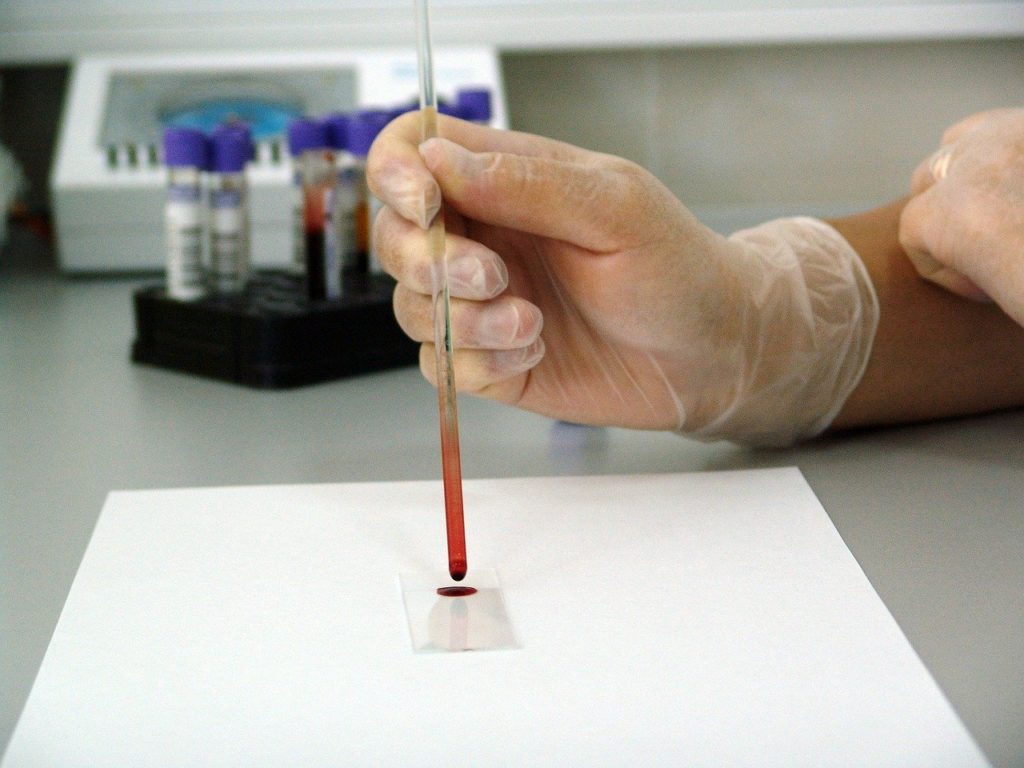Is Your Child Sleeping Enough? A New Blood Test May Give You the Answer
Scientists have identified miRNA molecules that correlate with sleep duration in children and adolescents. Possible blood tests for assessing sleep hygiene.
Scientists have identified miRNA molecules that correlate with sleep duration in children and adolescents. Possible blood tests for assessing sleep hygiene.
Considering that sleep plays a crucial role in the growth and development of children, numerous individuals are concerned that their children are not receiving adequate rest. Lack of sufficient sleep may result in various health issues, such as diabetes, elevated blood pressure, and a higher risk of numerous diseases. While monitoring sleep can provide a reasonable assessment of their sleep quality, it is significantly subjective and not completely dependable.
But now, it seems like scientists have found a way of assessing sleep hygiene in children with a simple blood test.
A new study published in the journal of Experimental Psychology by the Physiological Society looked into certain markers in blood and how they correlated with sleep duration in children and adolescents.
A team of Italian researchers investigated 111 normal-weight children based on their body mass index. All participants came from eight European countries, including Italy, Spain, Germany, Belgium, Cyprus, Sweden, Estonia, and Hungary, and they were divided into two groups based on their self reported sleep habits.
The short sleeping group included children and adolescents who slept less than their minimal daily recommendation, which is 9 hours for children under 13 years and 8 for teenagers. The normal sleeping group consisted of children and adolescents who met their daily minimum sleep requirements.
Then scientists analyzed micro RNA (miRNA) blood levels. These molecules, among other functions, serve an essential purpose of carrying information about which genes to turn on and off. Since they regulate the activity of our genome, scientists wanted to see how they affected sleep during a young age.
They found the concentrations of two miRNA molecules to be different in normal and short sleepers. Even when they took into account participants’ age, sex, pubertal status, country of origin, screen time, and parents’ education levels, it didn’t change the outcome of the results.
These results could help us create a blood test that would detect these molecules, and objectively asses sleep hygiene in children and adolescents. That could also be useful in preventing many health impairments due to lack of sleep. This objective measurement could prove to be a helpful tool, as relying on self-reporting questionnaires depend on our subjective view.

However, the authors reported a few limitations of their study, such as a weak correlation of sleep duration and miRNA blood levels in the normal sleeping group, and no significant association in short sleepers. Additionally, self-reported questionnaires could be inaccurate, although they are commonly used in sleep assessment studies. Researchers also didn’t include physical activity in the analysis, and this variable could be crucial.
Generally, sleep duration and quality are affected by many different factors, such as genetics, environment, and others. These findings concerning miRNA concentrations and sleep duration during a young age, even though still weak, could prove to be vital for further research. Of course, more studies are needed to explore the function and importance of these miRNA molecules.
Dusan is a biologist, a science enthusiast and a huge nature lover. He loves to keep up to date with all the new research and write accurate science-based articles. When he’s not writing or reading, you can find him in the kitchen, trying out new delicious recipes; out in the wild, enjoying the nature or sleeping in his bed.